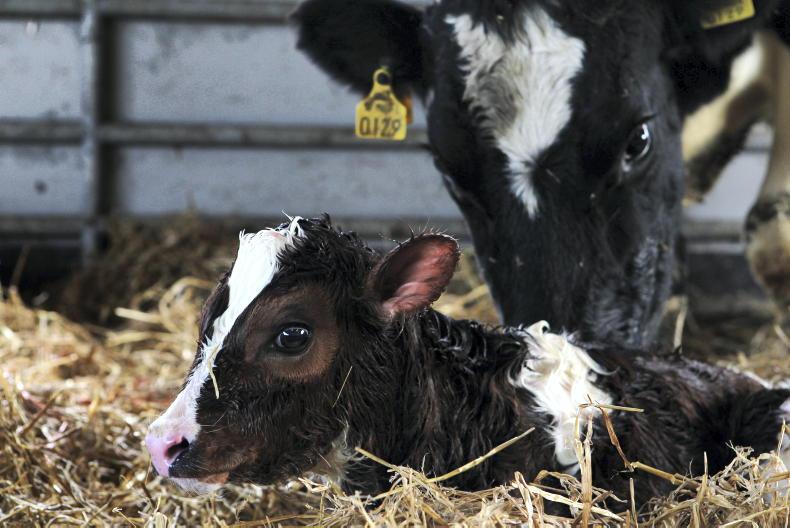European scam artists, thought to be from Poland, have been impersonating well-known Irish farm machinery dealer Clarke Machinery on European classified machinery websites.
Using a slightly different variation of the dealer’s company name, the fraudsters copied details such as its phone number and address.
Details of some of the dealer’s stock, including pictures, were copied and posted on Polish, Danish and Belgian used machinery classified websites.
Other machines were copied from elsewhere, but Clarkes was again listed as being the seller.
Scam
The scam came to the dealer’s attention close to 12 months ago and Clarkes estimates that 15 different people that they know of have lost deposits which they thought were legitimately paid for genuine machines.
“People from all over Europe have contacted us through the landline in the past 12 months, looking to come over and view machines which they felt they had secured with deposits.
"This includes people from Spain, Portugal, Poland and France, who had paid amounts ranging from €2,000 right the way up to €15,000.
"Much of the equipment in question was smaller construction and landscaping kit, but it also included some farm machinery,” the dealer explained to the Irish Farmers Journal.
In a statement, which was also clearly highlighted on its website, the dealer issued a fraud warning alert: “We have been made aware that a person supposedly from Poland is impersonating our company on Polish, Danish and Belgian used machinery websites and taking telephone deposits.
"Please note we are not, and never have been, associated with this person. We do not have salespeople in any location other than our four locations in the Republic of Ireland.
"We would advise you not to give deposits on any vehicle without having seen it first,” the firm explained.
Not the first time
This isn’t the first Irish machinery dealer to be targeted with identity theft. Fifteen months ago, Louth dealership McGee Farm Machinery became aware that a fraudulent website had cloned its details in an attempt to conduct false trading.
At the time, it was estimated at least 10 to 12 people on the continent had come forward about being caught, with the figure involved amounting to well over €100,000.
Card scam still on the go
Although the dust is beginning to settle on the European scam, Clarkes explained that it was recently targeted once more with the fraudulent over-the-phone card payment.
The company is one of several Irish machinery dealers that have told the Irish Farmers Journal in recent times that issues around fraudulent payment transactions are continuing to target Irish dealerships.
In recent years, there has been a growing number of cases of farm machinery dealers falling victim to payment scams in relation to sales of machinery.
These sales are generally cold calls based on responses to online ads, with the fraudulent buyers not previously known to the dealers.
After agreeing a price, payment is made by credit card, with the details taken over the phone and delivery arranged via courier.
The problem arises a few weeks after the transaction, when the payment services provider notifies the dealer that the payment has been refused, as it was a fraudulent transaction.
The full amount is to be charged back to the dealer, who is left out of pocket.
At that stage, many dealers have been caught out, with machines/implements having already been sent out via courier.
In some cases, the couriers would be told to deliver to a different derelict address or the buyer sent their own courier to collect the goods.
The Irish Farmers Journal has spoken to one dealer who got caught for €7,500 on one transaction.
A different well-known dealer explained this week: “We have been targeted with the card scam several times, but we are now wise to it.
“In the past few weeks, a man called looking to purchase an attachment for a mini excavator and pay for it with card over the phone.
“We accepted the payment, but we now won’t release such a product to the courier until a 30-day period has passed.
“These people will often be very pushy to get the goods delivered, as they know it will be eventually rejected.
“The delivery address given for the courier on this occasion was in north inner-city Dublin.
“After a few weeks, we were notified that the payment was fraudulent, and the money was removed from our account.”










SHARING OPTIONS